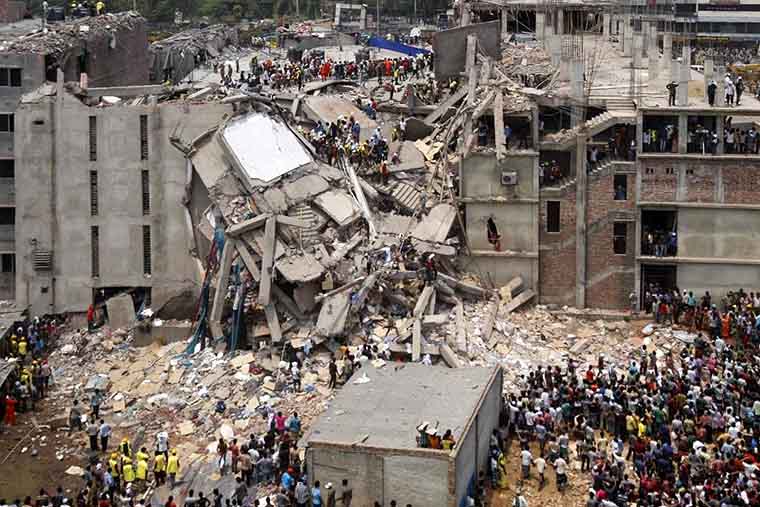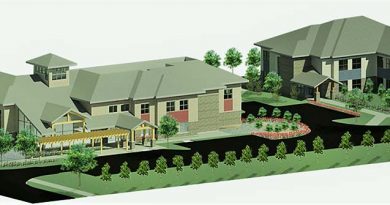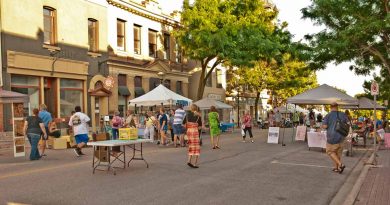Sustainable Private And Public Sector Investment
By Jackie Ramler and Sophie Mathewson – Special to SUNonline/Orillia
While the bigger issue of climate change and the plastic crisis in our oceans seems overwhelming and beyond our ability to change, there are little changes we can do in our communities to make a positive difference. These things don’t have to cost much and really are just a matter of choice and changing habits.
Many of us have a colourful collection of shopping bags and we are in the habit of folding the bags after emptying them in our kitchens and putting them back into the car, ready for the next shopping trip. Once this habit is adopted by the entire community and it becomes permanent it will reduce plastic bag waste in our communities. It’s a little change with a big impact.
Sustainable Orillia wants to identify other local changes we can make now to avoid larger problems in the future and in the process, build a better community.
Investing Responsibly
In crime stories, fictional or real, it is often important to follow the money. When searching for sustainable practices in our lives, it is equally important to follow the money. The Private Development and Investment Sector committee is investigating how we can bring about positive change to property development, planning and management, construction waste issues, waste recycling strategies, and the carbon market.
One way we can have an effect is to practice sustainable investing. If we stop to think about it we can easily create positive change when we band together and choose to buy, or not buy, a particular product. History gives us many examples. In the 1700s British abolitionists launched a campaign to buy only sugar not made by slaves. This simple message, avoiding sugar produced by slaves, helped lead to emancipation. Today’s Fair Trade coffee campaign, which many have heard of, supports paying fair prices to small farmers by big corporations – but did you know buying “shade grown, bird friendly” coffee supports the preservation of habitat many of our local birds rely on when they go south for the winter?

As consumers we are powerful and vote with our money every day. As investors we have the same power to bring about incremental change. Do you remember the 2013 collapse of the Rana Plaza garment factory in Dhaka, Bangladesh where more than 1,000 people were killed and 2,500 injured? News coverage of the aftermath revealed clothing for several popular brands were made there. Suddenly many did not feel so good wearing cute outfits picked up cheap while shopping.
The World Economic Forum suggests for public companies to achieve the UN’s Sustainable Development goals the key pillars must include environmental and social responsibility. As investors, when we know we have choices, and when we have good information about which companies are taking their environmental and social responsibilities seriously, we can make better decisions about which companies we invest in. Our investments can align with our own values, making us responsible investors.
From a risk perspective, every year there are companies getting into trouble with scandal or disaster. If a company is known to have liabilities such as poor worker safety, chemical spills, or excessive pollution, investors need to be aware of these liabilities which could affect stock prices and your investment portfolio. Research focusing on environmental, social and corporate governance issues is not only conscientious, but also crucial to evaluating the underlying risk of an investment and ensuring it will continue to meet our needs.
If these issues are important, you can choose to invest in companies working to be a part of the solution rather than compounding the problems of climate change, waste, pollution, inadequate wages, and low employee safety standards. Dr. Tessa Hebb of Carleton University found in a 2015 study there is strong evidence participating in responsible investment funds reduces risk, making it possible to align your investments with your priorities for society and the environment and still experience strong returns.
Local Sustainable Development Policy
This sector’s committee members will also examine ways we can support sustainability with local developments. For example, we can influence improved energy efficiency, densification, the application of technologies to store or reduce carbon, and even support the development of sustainably focused business parks. An example of the latter is the potential Hydro One development In Orillia which would provide safe and clean jobs at an operation that would be a wealth generator for the city.

Densification zoning in the downtown core has recently been a local hot button item, but is all densification bad? Preventing urban sprawl preserves valuable farmland. People who can telecommute have less need to drive and tend to walk more, support local retailers and service businesses, and have more time for family and friends. Incorporating green spaces into densified centers creates an environment that is cooler and more livable. These things happen when local politicians give our municipal administration the guidance and tools to plan accordingly. Citizens must give them reasons to see sustainability as a priority.
In all these areas of investment we have choices. In a sustainable community, we can choose wisely, and our choices can make a difference to the way we and our neighbours live.
(Main Photo by Nattanan23 – Pixabay; Wikimedia; Image by Swartz – SUNonline/Orillia)

Editor’s Note: This is the 9th in a series of articles by members of the Sustainable Orillia mayor’s task force in advance of the launch of a community initiative May 24 and 25. The initiative is designed to provide local, attainable, solutions for the effects, economic and quality of life, of climate change. The Sustainable Orillia launch weekend, register here, takes place at the Orillia Community Church (Friday night) and Lakehead University (daytime Saturday).
Support Independent Journalism
Also see – The Mayor’s Task Force: Sustainable Orillia
Climate Change: A Learning Opportunity
Sustainable Orillia: The Agricultural Sector
Sustainable Orillia: The Arts And Culture Sector




